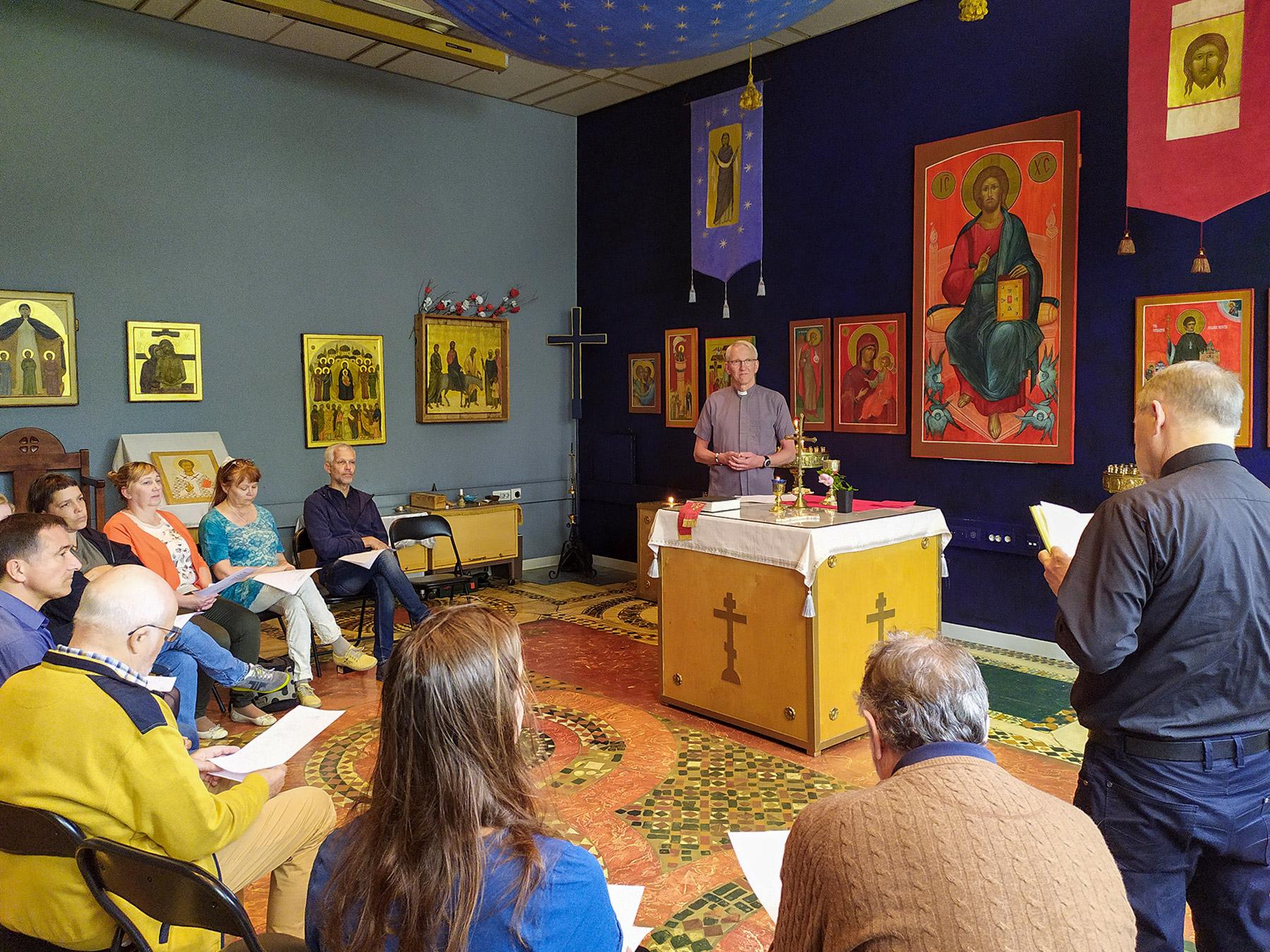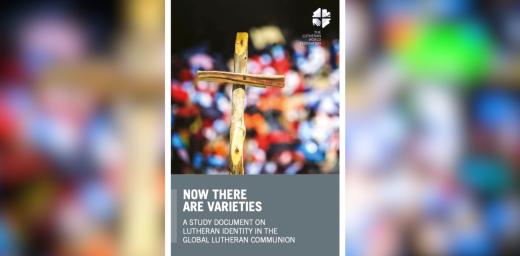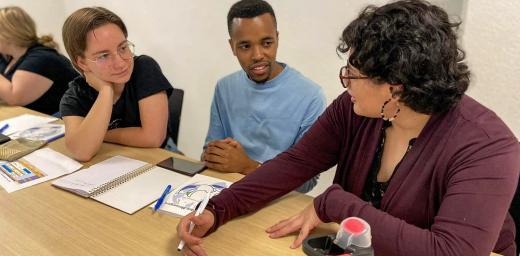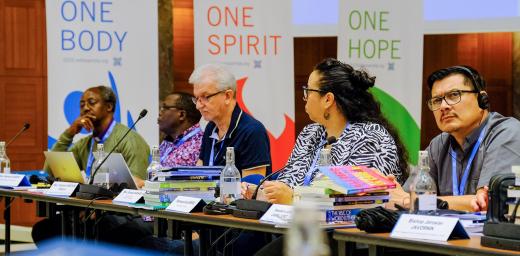Diaconal practitioners design materials for churches, pastors, and students
(LWI) - The Lutheran World Federation (LWF) member church representatives coordinating the European Diaconal Process are working on a framework for a “Learning Program” to support Christian social service (diakonia) that is responsive to needs in societies that are increasingly diverse.
The program is designed for use by a variety of groups including congregations, diaconal organizations, church leaders, teachers and trainees in diakonia and other ministries. Planned for completion in early 2023, the program will be made available online, with flexible learning schedules to allow different interest groups to participate.
This is an important phase of the regional diaconal process that started 11 years ago, which though led by a small group, involves hundreds more where church diaconal work is implemented, said Rev. Katariina Kiilunen, LWF Program Executive for Capacity Building and Leadership Development. “The aim is to support LWF member churches in their engagement with the growing divisions in society by sharing a vision of how to develop and practice convivial life together in each context,” she noted.
Four key themes will guide the learning program: experience, reflection on conviviality and diakonia, conviviality in practice, and working for change.
Individual experience has been identified as a critical aspect since encounter with others, storytelling, faith and spirituality shape perception and relationships in the community. The focus on conviviality and diakonia considers the importance of political and economic structures in creating an enabling context for community life together. It is also essential to assess the implications of diaconal life together for deacons, pastoral workers, and wider society, and to envisage the potential changes for the church itself, its related organizations, society and the economy.







